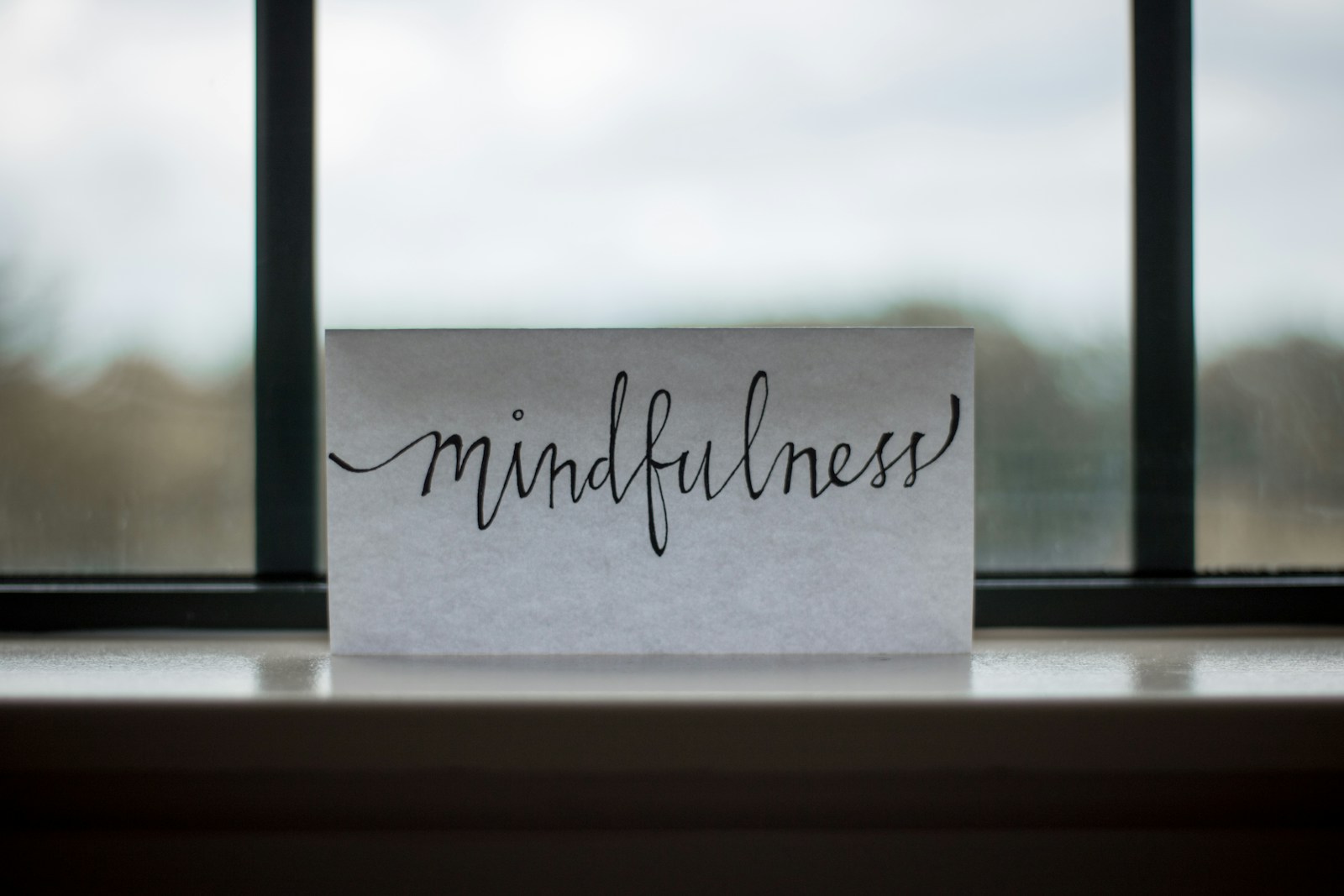In our daily interactions, whether at work, in our communities, or even online, it’s all too easy to misinterpret the actions of others. Sometimes, what might seem like deliberate malice is often just a result of incompetence or misunderstanding. This distinction is crucial, yet often overlooked in our fast-paced lives.
Consider this scenario: a colleague makes a mistake that inconveniences you. Your first instinct might be to assume they did it out of disregard for your time or feelings. However, upon reflection and perhaps a conversation, you realise that it was not intentional; they simply lacked the necessary information or skills.
In a world where assumptions can quickly lead to misunderstandings and conflicts, cultivating mindfulness and empathy is more important than ever. Mindfulness, in this context, means being aware of our own thoughts and emotions, as well as recognising the intentions behind others’ actions. It encourages us to pause before reacting, to consider alternative perspectives, and to communicate with clarity and compassion.
Empathy, on the other hand, allows us to put ourselves in someone else’s shoes, to understand their motivations and challenges. It prompts us to ask questions rather than jumping to conclusions, fostering a deeper connection and trust in our relationships.
As the speaker in this video wisely noted, “Never mistake malice for incompetence.” Often, people are not out to cause harm; they are simply navigating their own paths with varying degrees of skill and awareness. By embracing this mindset, we can create a more supportive and understanding environment for everyone.
Moreover, the call for greater self-awareness rings true. By understanding our own biases, triggers, and communication styles, we become better equipped to navigate conflicts and build meaningful connections. Self-awareness allows us to recognise when our assumptions may be clouding our judgement and to course-correct towards more positive interactions.
In conclusion, let us all strive to be a little more mindful and empathetic in our daily lives. Let us pause to consider the intentions behind actions, seek understanding rather than judgement, and foster a culture of kindness and respect. In doing so, we not only enrich our own experiences but also contribute to a more harmonious and compassionate society.






